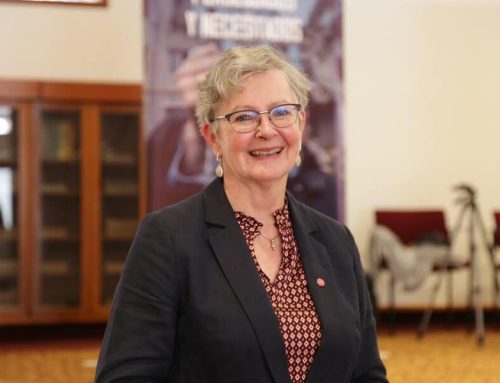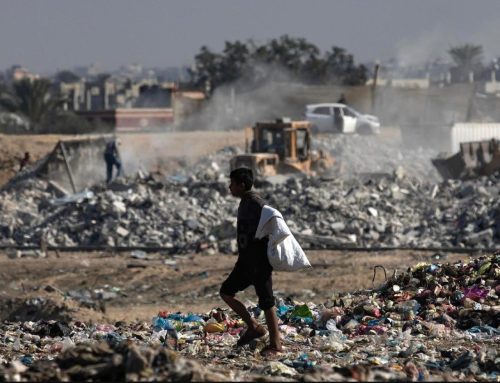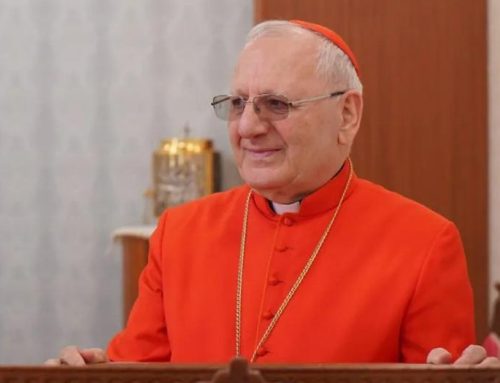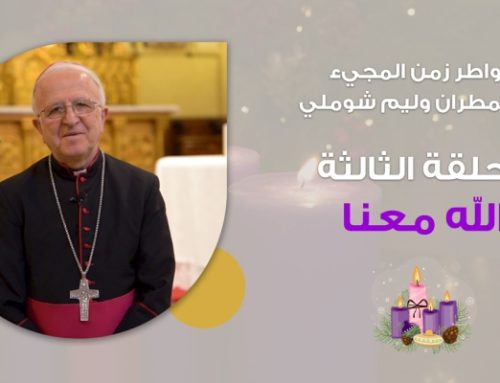
Should the talks fail, Bishop Shomali expressed his wish that there will not be a third Palestinian intifada.” The experience of the two last ones was destructive. Fighting should continue on the political level.” Bishop Shomali described the role of Israel’s and Palestine’s Christians in the conflict as a moderating one. “They pray and believe that peace remains possible. They are moderate actors in their respective country. Some Palestinian Christians are present in the negotiations, in a direct or indirect way. Their moderating role can be of great help.”
When asked what the Church’s position was on what status East Jerusalem should be accorded as part of a final status solution, Shomali expressed the view: “Jerusalem should be a city for two peoples and three religions, which should have equal rights and dignity.” Bishop Shomali, a Palestinian by birth, went on to stress that Jerusalem should remain an open city enjoying a particular status and international guarantees. “For the details of the implementation of such vision, we need creative negotiators, open to new solutions in order to deal with all the obstacles such as the settlements and how to keep open Jerusalem and all its holy Places,” Shomali stated.
Concerning the position of the Israeli Prime Minister, Benjamin Netanyahu, according to whom the conflict was not fundamentally about Jewish settlements on the West Bank, but about the Palestinians’ refusal to recognise Israel as a Jewish state, Bishop Shomali said: “I believe that Palestinians should recognize Israel as a State, with full rights and secure borders. It is up to Israelis, not Palestinians, to decide what character this state should have; in the same way it is up to Israelis and not to others to decide who is a ‘Jew’ and who is not. In a reciprocal way, it will be requested of Israel that they recognize an Arab country as such without specifying whether this Arab country should be secular or ‘Islamic’.”
In conclusion Bishop Shomali stressed that the Israeli-Palestinian conflict was no longer the only conflict which threatened the stability of the Middle East today. “Since the so called ‘Arab spring’ there are new realities on the ground. But this conflict remains an important factor.”
By: Oliver Maksan
Source : Church in Need





